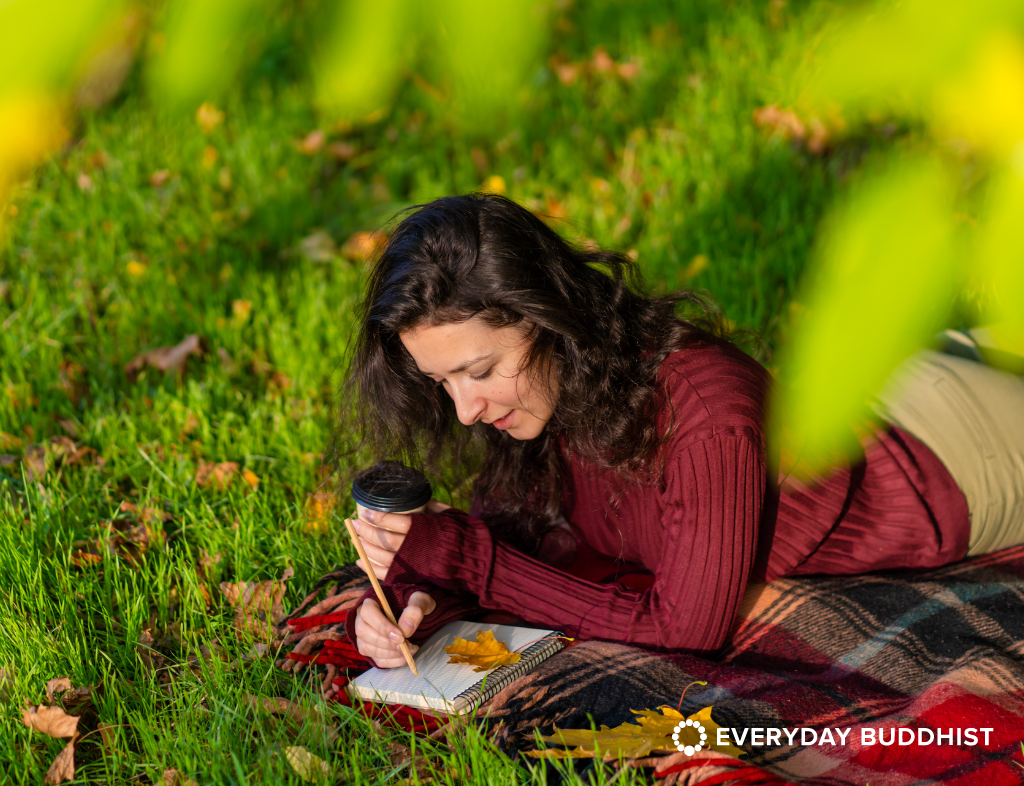
A Life of Learning
Think about what happens when you do something deeply. If you take a “deep dive,” for example, you don’t stay on the surface. You go far below it, which takes effort; you aren’t just lazily floating on top of the water. You are also exploring unknown territory, since you don’t know exactly what you will find down below. So you have to concentrate and pay close attention, using all your senses.

Gradually Sudden
If we take a more gradualist approach, we can see that the development of Mahayana Buddhism is a very, slow natural progression. This is Mahayana Buddhism as an evolution not a revolution. In other words, the development of Buddhism should be viewed as a continuum rather than as a series of sudden events.
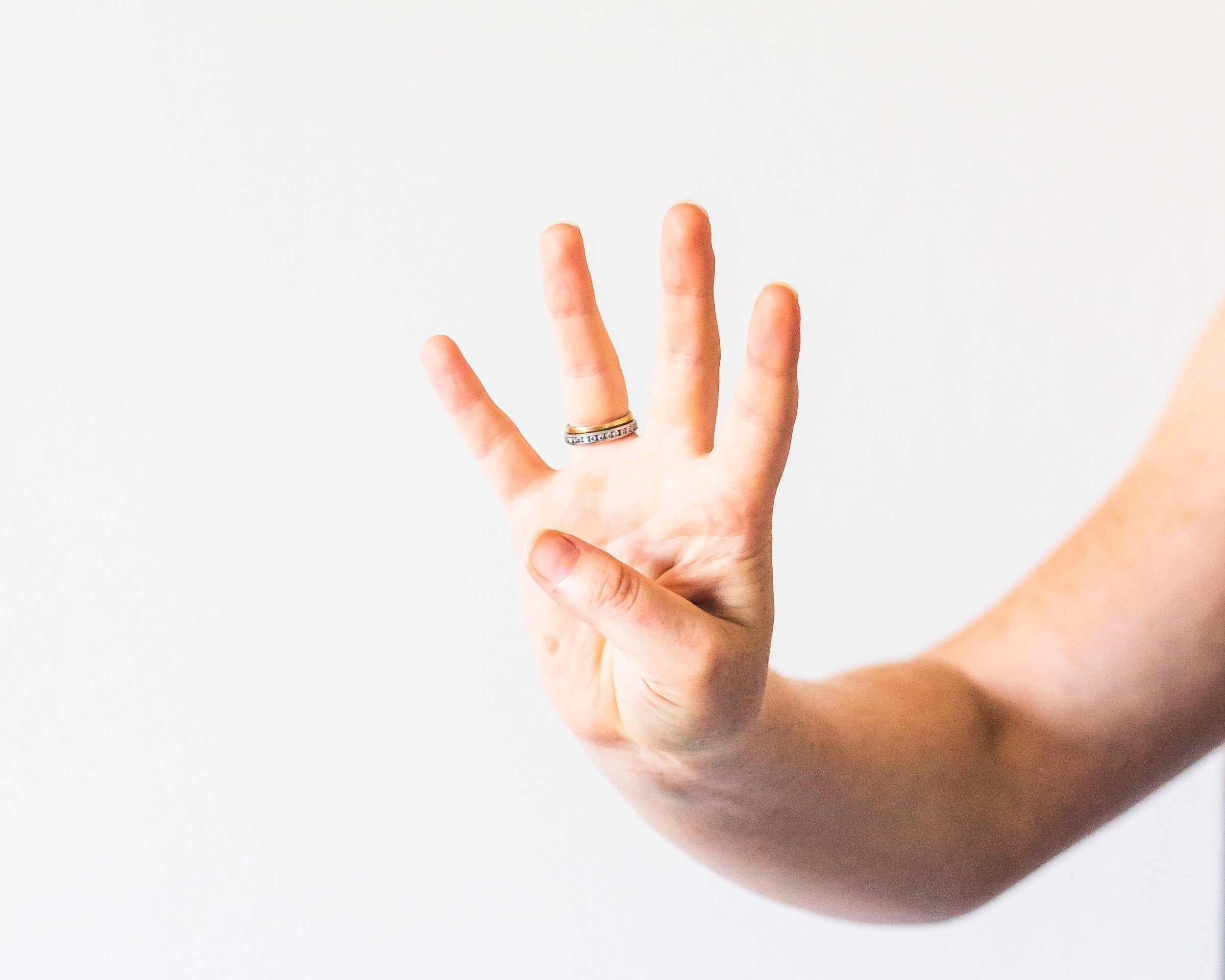
Four Will Get You Eight
This set of four truths open us up to a new interpretation of the Eightfold Path. Rather than something achieved, it becomes something that is received, as a benefit. After walking the path, listening to the teachings, and saying Namoamidabutsu we inevitably become such a person. One that is naturally more aware.

Rev. Jon Turner in Lion’s Roar
This week we have a surprise second blog thanks to Rev. Jon Turner who was recently published on the popular Buddhist online publication Lion’s Roar. His essay titled, “How Shinran, Founder of Shin Buddhism, Went Beyond the Self” discusses Shinran’s journey of awakening through introspection.

The “True” and The “Real”
“True” and “real” is also especially relevant for Buddhists. The teachings must be both “true” and “real”. For example, the impermanence and interdependence of all life is a profound teaching that is “true”. It accurately describes our reality, both internally and externally. But it only becomes “real” when we experience this truth within our own heart and mind. It must become a lived experience for it to be “real”.

Balancing Self-Power & Other-Power
It seemed too good to be true. I was able to ride a bicycle without ever having to practice. But I had been practicing effortlessly on my scooter all along. When I had given up trying to balance myself, I had unwittingly let an internal sense of balance develop within me without any calculation or effort. Of course, riding a scooter takes much more effort than riding a bike but the effort was different.
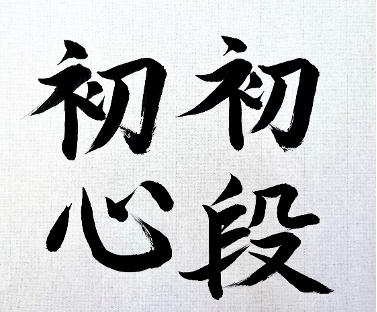
Shodo and Shoshin
One of my goals in Shodo, has been to earn that “Black Belt” rank. I worked quickly through my kyu rankings, had
a slight pause during the COVID-19 pandemic and picked up the pace again when we started having classes regularly again. To me, the shodan rank is like the prize at the end of a long, hard journey.
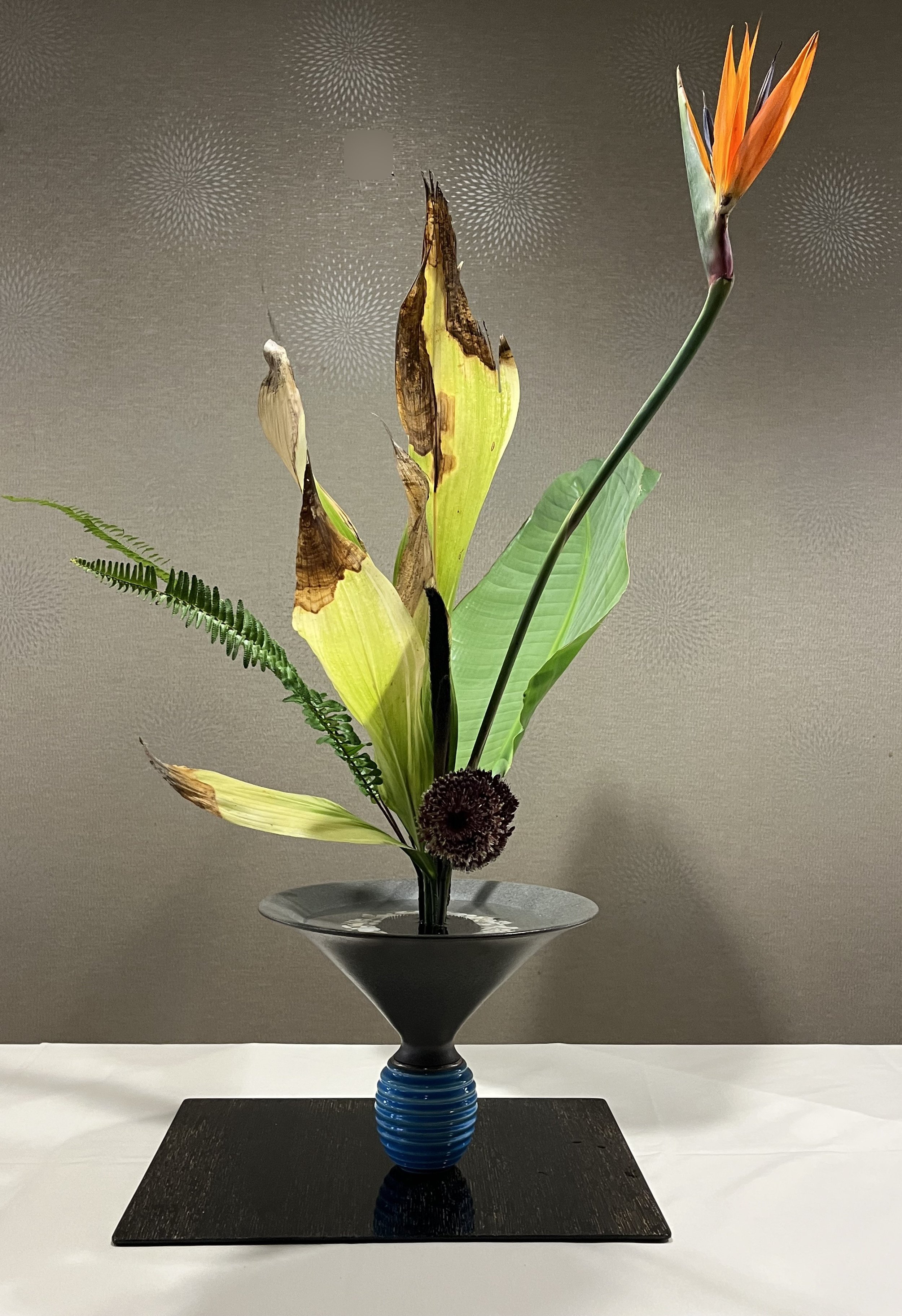
Perfection - Lessons from a Leaf
It’s so easy, so human, to search for perfection in life. And there is nothing wrong at all with selecting the most gorgeous, perfect flower. But society challenges us with so many comparisons and suggestions as to what is “perfect” or “good”. The influence of social media only makes these impressions more complex and transient. What brand of car, clothes, appliance, etc. do you have? Where did you go on vacation, what college did you go to, on and on? It’s easy to let these external factors influence and cause frustration.

Shinran’s Thought – Why Not U-Turn?
Obon is regarded as the time when we remember our loved ones who departed before us and we living in samsara transfer the accumulated merits to our loved ones, wishing them to be born in the better Buddha’s realm. But how about Jodo Shinshu – Shin Buddhism?

Justice is not for Just Us
We need to ask ourselves what is the purpose of our justice system. Is it to discourage others from committing crime? This has not been shown to be an effective deterrent. Is it to merely punish? If so then to what end? Do we want moral justice? This approach is often followed when we hear calls for a “war on crime” and what happens to these individuals after their sentences have been completed?
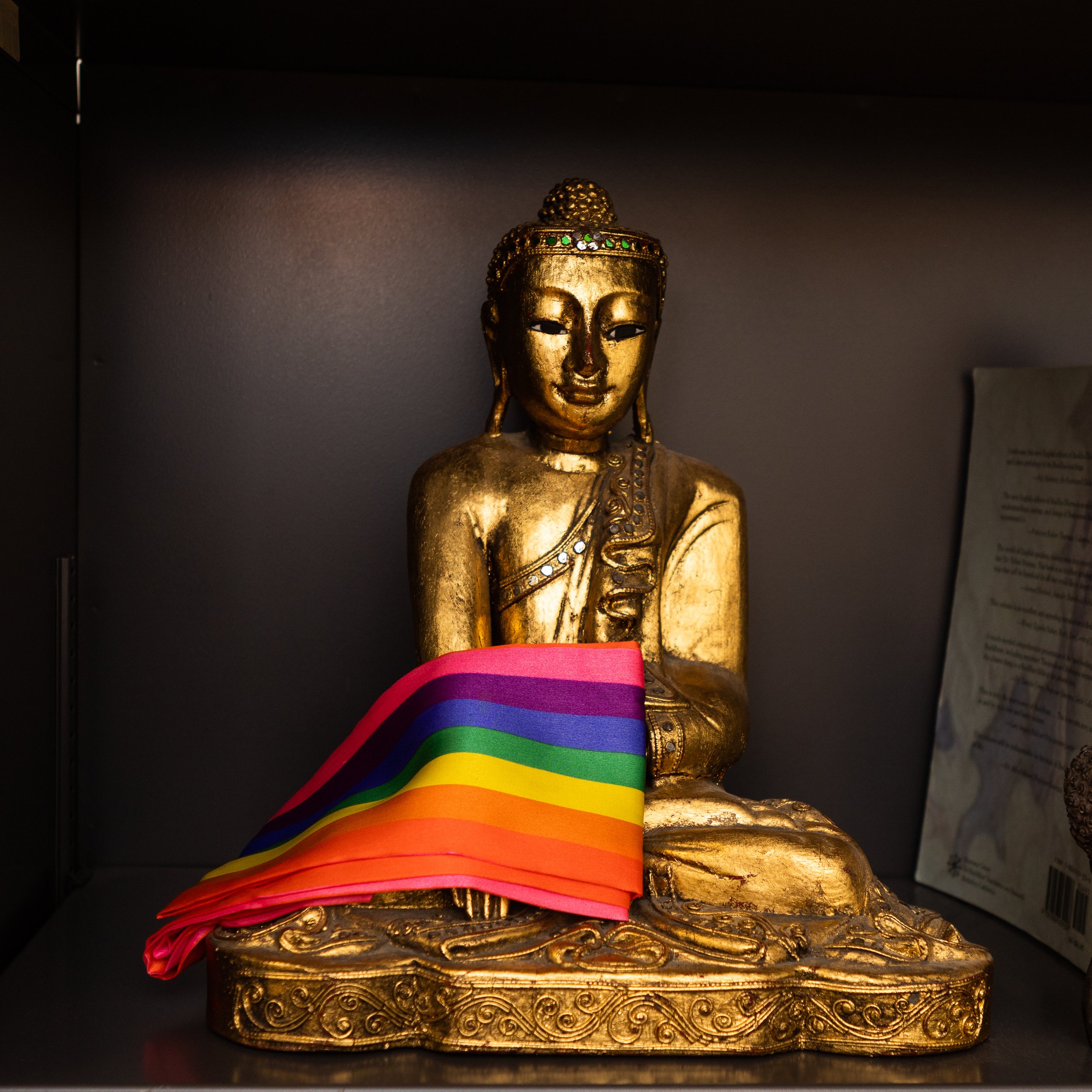
Buddhism and the Act of “Coming Out”
In the queer community, the act of “Coming Out” tends to be viewed as a collective right of passage; the inevitable final boss of accepting your queer identity. And while this specific narrative has become ingrained as a right of passage within the universal queer experience, I find that it lacks some of the nuance the moment deserves.

Pride Month: The March (Part 2)
All of us are embedded and embraced within the infinite. This is much like waves whose essence is no different than the ocean itself. We usually live our lives on the surface, judging others when we are all share in this oneness. A oneness that is our birthright, not something that has to be earned.

Pride Month: The Raid (Part 1)
For Buddhism to exist then it must be a path for all beings, equally, with no exceptions. Surprisingly, this is not idealism but instead pragmaticism. Buddhism only exists if it can make good on this promise of guiding all beings, equally, to awakening. Hōnen and Shinran provided such a path, it is the Pure Land Path of Namuamidabutsu that is both effective and practical for all beings without exception or preconditions.
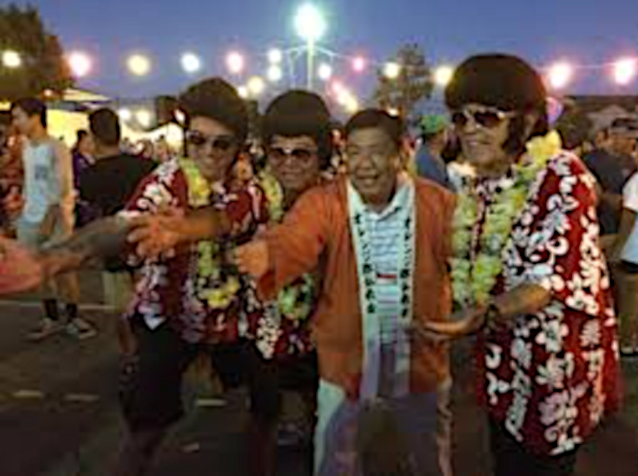
Living a Lesson
In my earlier blog, Twenty-Five Years in the Making, I highlighted the 25th anniversary of my family’s first OCBC Sunday Service, May 16, 1999. With the recent passing of Rev. Akio Miyaji, this date carries even more significance for me now because Rev. Miyaji gave the Dharma talk that day. He was the very first Buddhist I ever heard speak in person and it was nothing like I ever thought it would be.

The Right Meaning of “Right”
This blog post comes from a comment made by Luke Chambers on the Origins | Becoming Buddha - His Life Story course, lecture 7. Eightfold Path of the Noble.
"One part you clarified for me was 'Right', as I had been thinking of it more in terms of Right/Wrong than in terms of intent and context. This has caused me a lot of hand-wringing. Each of the parts of the path are heavily contextual, but one that is most so I think is 'Right Livelihood'. This is partly because it has changed the most in the last few thousand years, in that 'work' today bears almost no resemblance to what that meant in Buddha's era, or indeed most eras up until the industrial revolution."
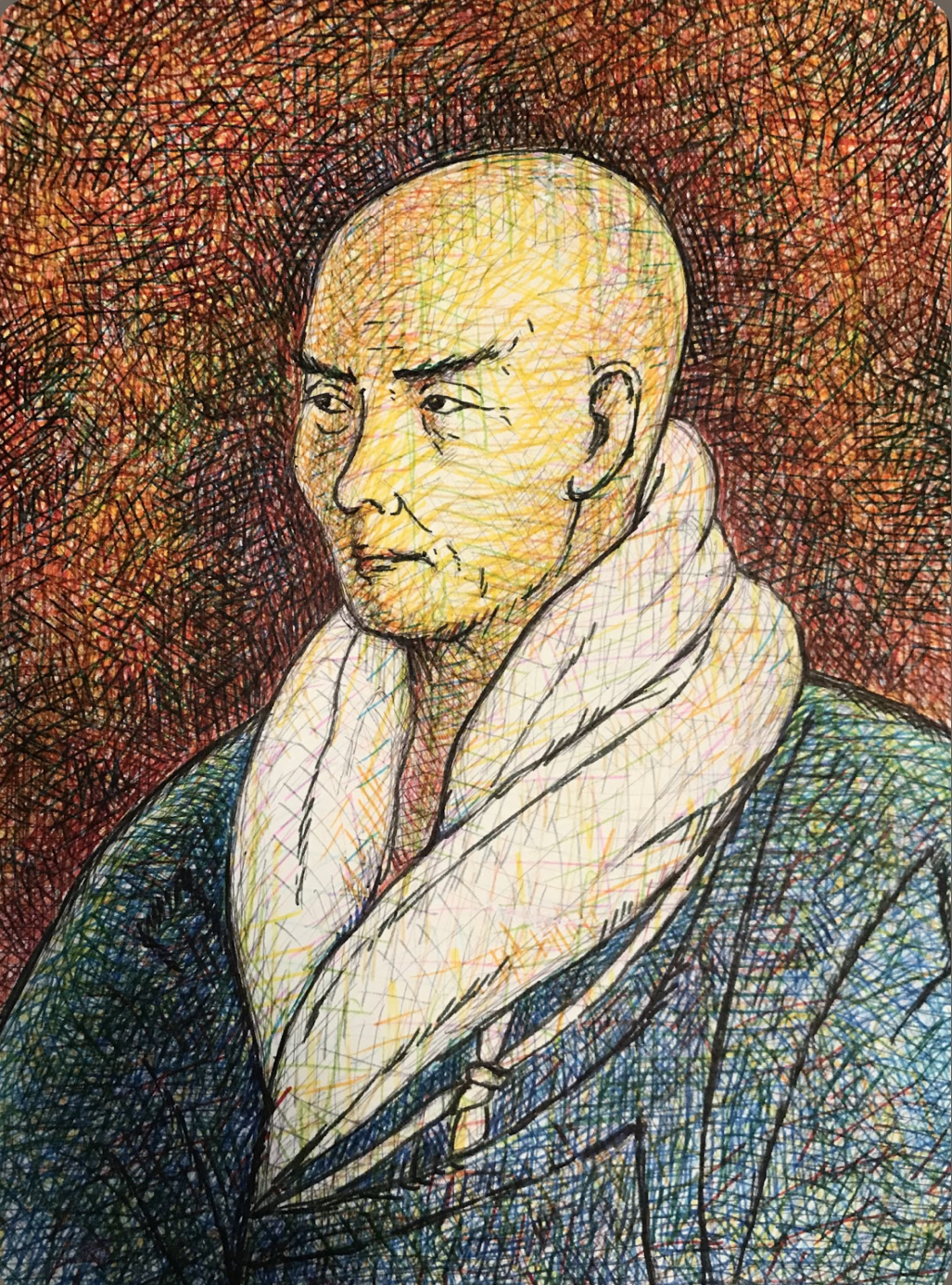
Twenty Five Years in the Making
This idea of “nothing to do” is sometimes referred to as “No Practice” but this does not mean that you do not have to do anything. This is because there are two kinds of practices. There is right practice and there is wrong practice. Right practice is the practice that is generated beyond the calculating mind due to understanding.
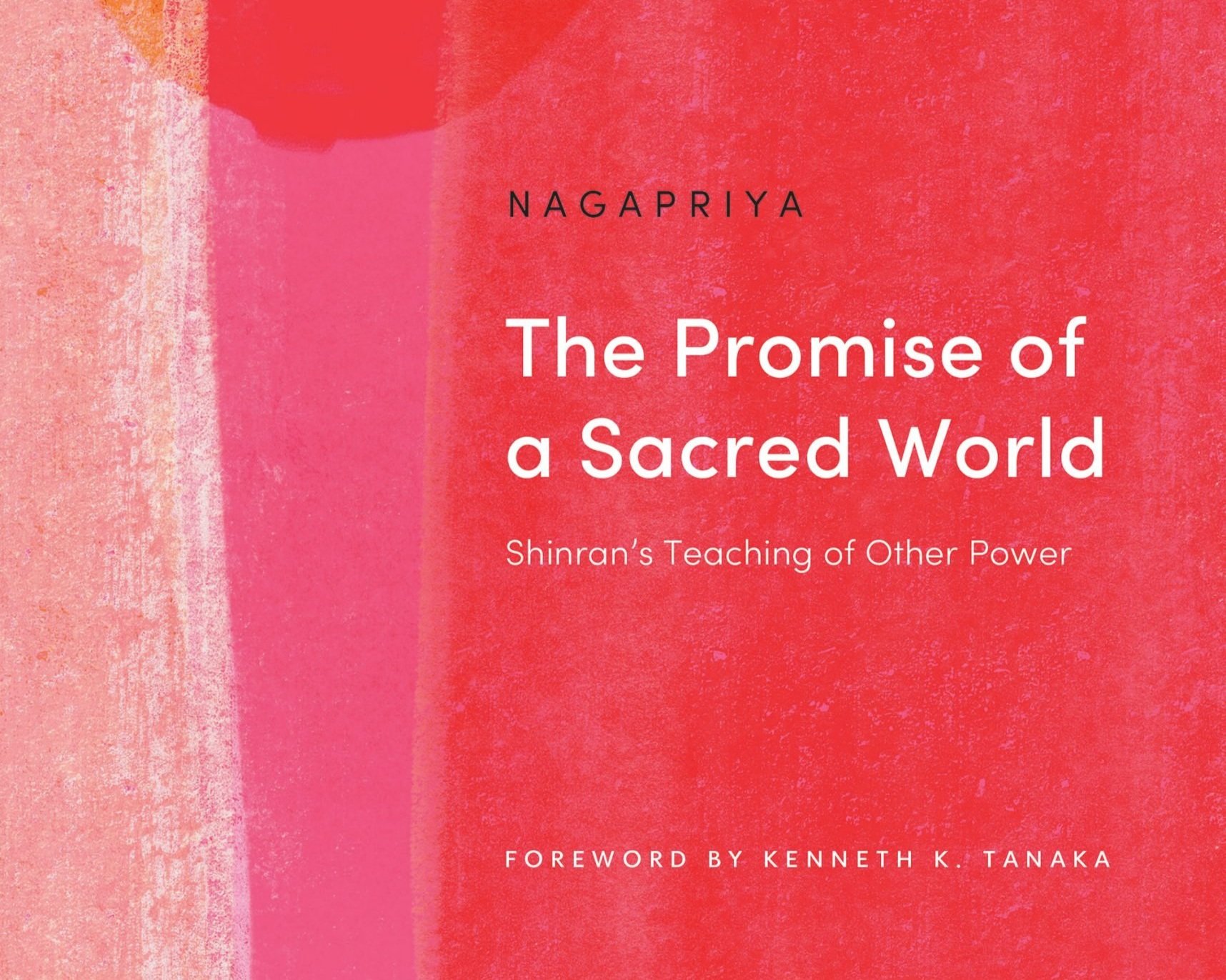
The Promise of a Sacred World
For now, this is my favorite book. It opened up Shinran’s heart to me so that I can appreciate his teachings emotionally. The meaning is now in front of me and not trapped within the text. It is now within my heart and mind. This book has helped me understand the difference between the confidence of Shinjin and the joy of Shingyo. So no longer synonyms after all.
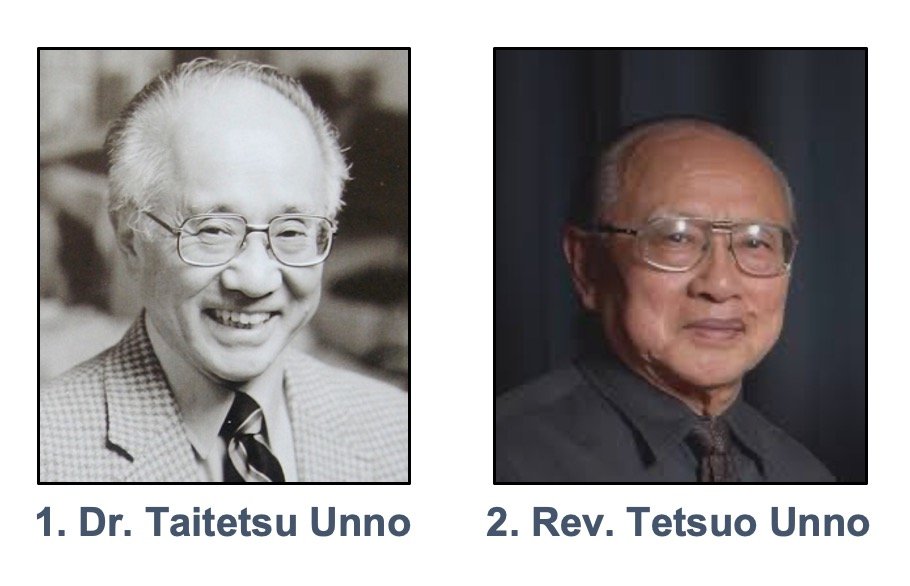
A Tale of Two Unno’s: In Search of a Teacher
There are many writers and teachers with different styles, each one having something to offer us. Not only do writers and teachers have to find their style but as students we also have to find our own style. Our teachers are out there but we have to find them. They are the ones who resonate with us in ways that are uniquely their own and our own.

Buddhist Bugs
Buddhism also has a complicated relationship with bugs. Even the Dalai Lama has addressed these vexing bug issues. We are supposed to respect all life and yet there may be a mosquito drinking blood from my arm at night while I am sleeping.
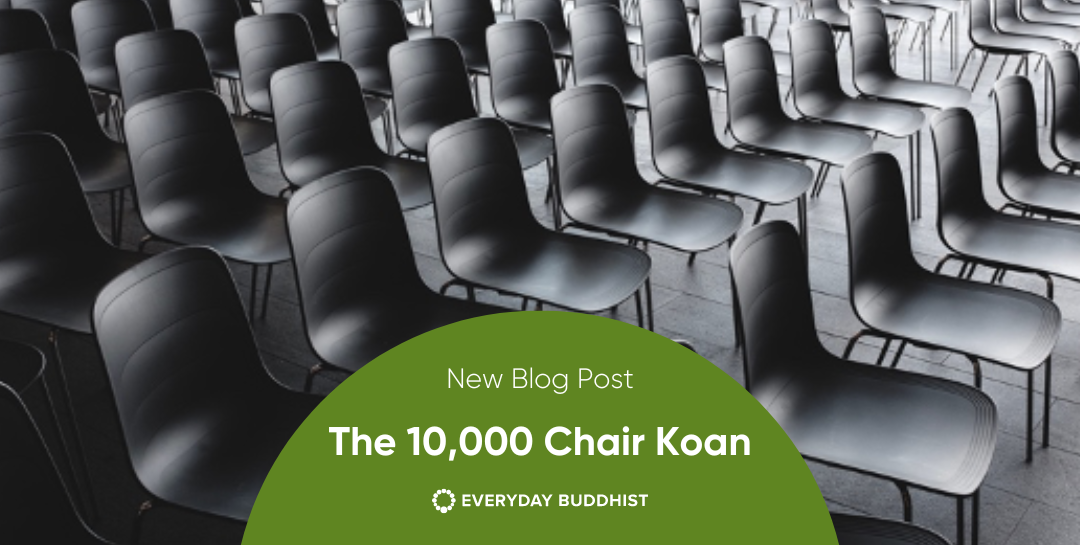
The 10,000 Chair Koan
I have always wondered what a Shin koan might sound like. Maybe I can be just as confusing and pithy within our tradition. For example, whenever a Minister Assistant is nervous about giving their first Dharma talk I always remind them that ...
“You only have to give your first Dharma talk once.”
